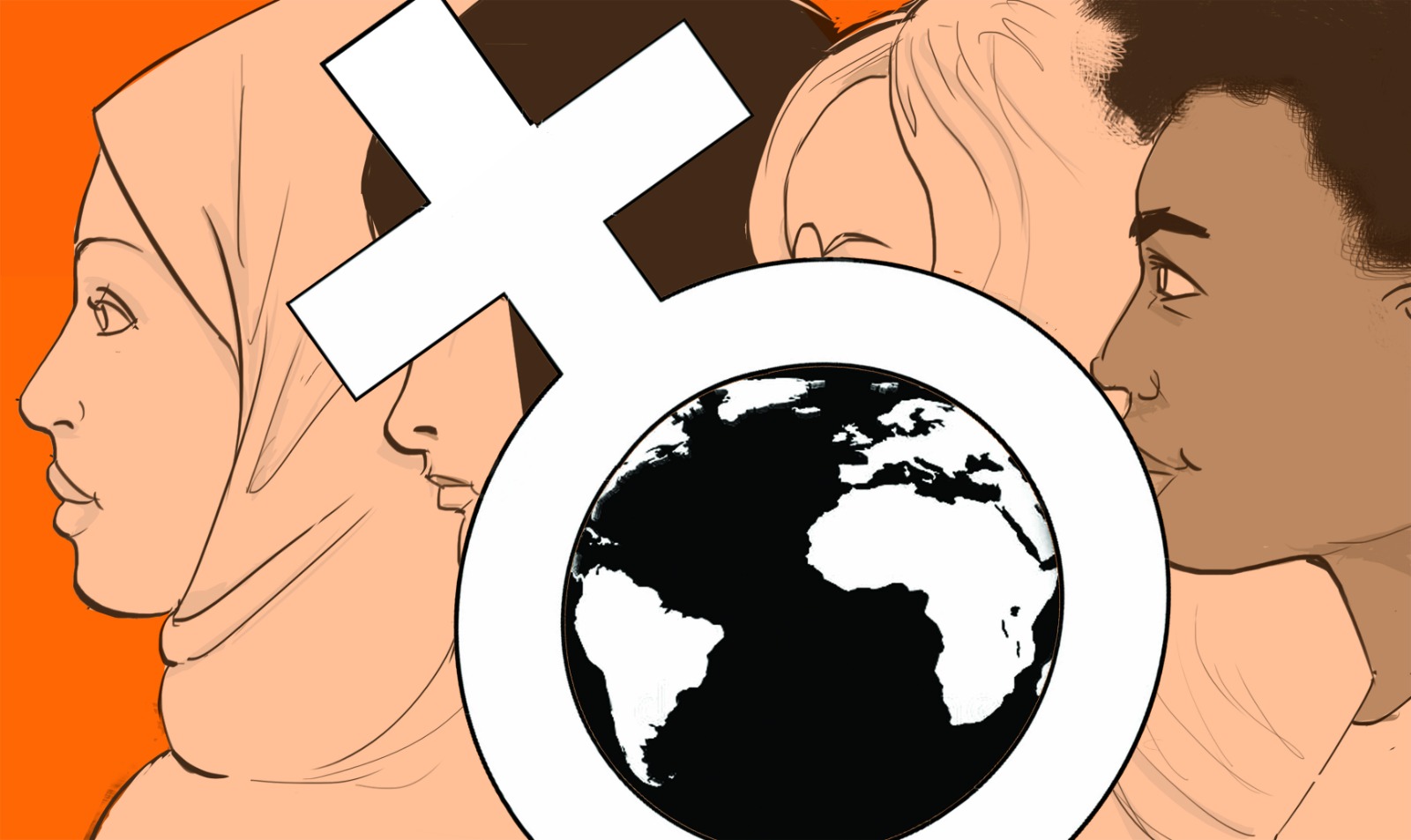
Menopause is a well-known phenomenon, mainly associated with women between the ages of 45 and 55 years.
According to World Health Organisation (WHO), menopause is marked by the end of monthly menstruation, due to loss of ovarian follicular function.
This means that the ovaries stop releasing eggs for fertilisation.
The WHO says natural menopause is deemed to have occurred after 12 consecutive months without menstruation, and for which there is no other obvious physiological or pathological cause and in the absence of clinical intervention.
Cleveland Clinic however says some women are victims of premature menopause, which happens before the age of 40.
Early menopause starts at 45.
Marie Stopes Doctor Kevin Muriithi says the main cause of premature menopause is hormonal imbalance.
"The hormone that makes sure that you do not get to menopause is estrogen. So once your estrogen is depleted or it's not being produced enough you can have infertility or menopause," he says.
Cleveland Clinic further breaks down the causes of early and premature menopause, including cancer treatment, surgery or certain health conditions.
Sometimes, however, the cause of menopause is unknown.
The causes can range from chemotherapy or radiation to treat cancer, a surgery that removes your ovaries, surgery that removes your uterus (hysterectomy) and family history of menopause at an early age.
Others are getting your first period before age 11, chromosomal abnormalities like Fragile X or Turner’s syndrome, autoimmune diseases like rheumatoid arthritis, Crohn’s disease or thyroid disease, smoking cigarettes, having HIV or AIDS, and infections like mumps.
The Clinic adds that anything that damages one’s ovaries or stops the body from making estrogen can cause menopause.
How do you know you’re experiencing menopause?
Cleveland Clinic outlines the signs of premature and early menopause including many of the typical menopause symptoms.
These are hot flashes (sudden warmth that spreads over your body), night sweats, discomfort during sex, frequent urge to pee, more frequent urinary tract infections (UTIs), difficulty sleeping and emotional changes.
Other symptoms are dry skin, dry eyes or dry mouth, breast tenderness, racing heart, headaches, joint and muscle aches and pains, difficulty concentrating or being more forgetful.
Women going through menopause can have weight gain or weight loss, and hair loss or thinning.
Effects of early or premature menopause
Women who experience premature or early menopause spend more years without the benefits of estrogen.
Without typical amounts of estrogen, you’re at greater risk for certain health conditions like heart disease, depression, and various neurological diseases like dementia and Parkinson’s disease.
Can menopause be reversed?
Dr Muriithi says if one gets to menopause outside the ages of 45 to 55 years, one can do hormonal therapy.
He however warns that the therapy can react negatively to some people, which is why health practitioners conduct tests prior to and regulate the hormonal therapy.
"Hormonal therapy is however not 100 per cent guarantee of menopause reversal," he warns.
There are risks including breast cancer.
"Estrogen in itself can predispose breast cancer, obesity and diabetes. But once the doctor realises any effects they stop the procedure," he explains.
"Hormonal therapy is only necessary if you want to have babies."
WHO response
The WHO considers that social, psychological and physical health support during the menopausal transition and after menopause should be an integral part of health care.
The global health agency has committed to increasing understanding of menopause by raising awareness of menopause and its impact on women at individual and societal levels, as well as on countries’ health and socioeconomic development.
It also acts as an advocate for the inclusion of diagnosis, treatment and counselling related to management of menopausal symptoms as part of universal health coverage, and promoting the inclusion of training on menopause and treatment options in pre-service curricula for health workers.










